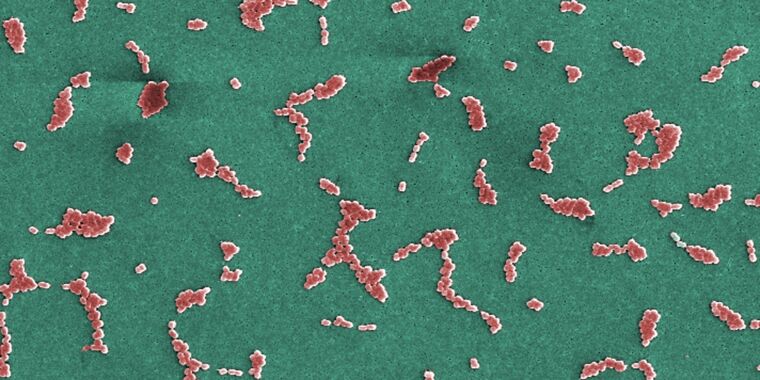A groundbreaking experimental antibiotic, zosurabalpin, has shown promise against one of the most dangerous and drug-resistant bacteria, Acinetobacter baumannii, commonly referred to as CRAB. Developed through a collaboration between Harvard University and Roche, this new potential treatment has demonstrated effectiveness in both laboratory and mouse models.
CRAB is a Gram-negative bacterium responsible for high-mortality infections, particularly in hospitalized patients. It has been listed by the WHO as a critical pathogen in dire need of new antibiotics. Zosurabalpin represents a novel class of antibiotics, the first in over 50 years to target Gram-negative bacteria, which are notoriously difficult to treat due to their complex membrane structures and advanced drug-resistance mechanisms.
The discovery of zosurabalpin involved screening large, heavy compounds known as tethered macrocyclic peptides, a departure from the typical small molecules used in antibiotic development. The optimization of the initial compound, RO7036668, led to the creation of zosurabalpin, which has shown efficacy against 129 clinical CRAB isolates and in treating mice infected with a pan-resistant strain of the bacterium.
Researchers have further investigated the mechanism of action for zosurabalpin, identifying mutations in genes related to LPS transport and biosynthesis in bacteria that developed tolerance. This insight could help in understanding how the drug overcomes resistance.
With zosurabalpin currently in clinical trials, there is cautious optimism for the emergence of a new antibiotic class to combat invasive CRAB infections, addressing a critical need in the fight against antibiotic resistance.
Read more at Ars Technica…
